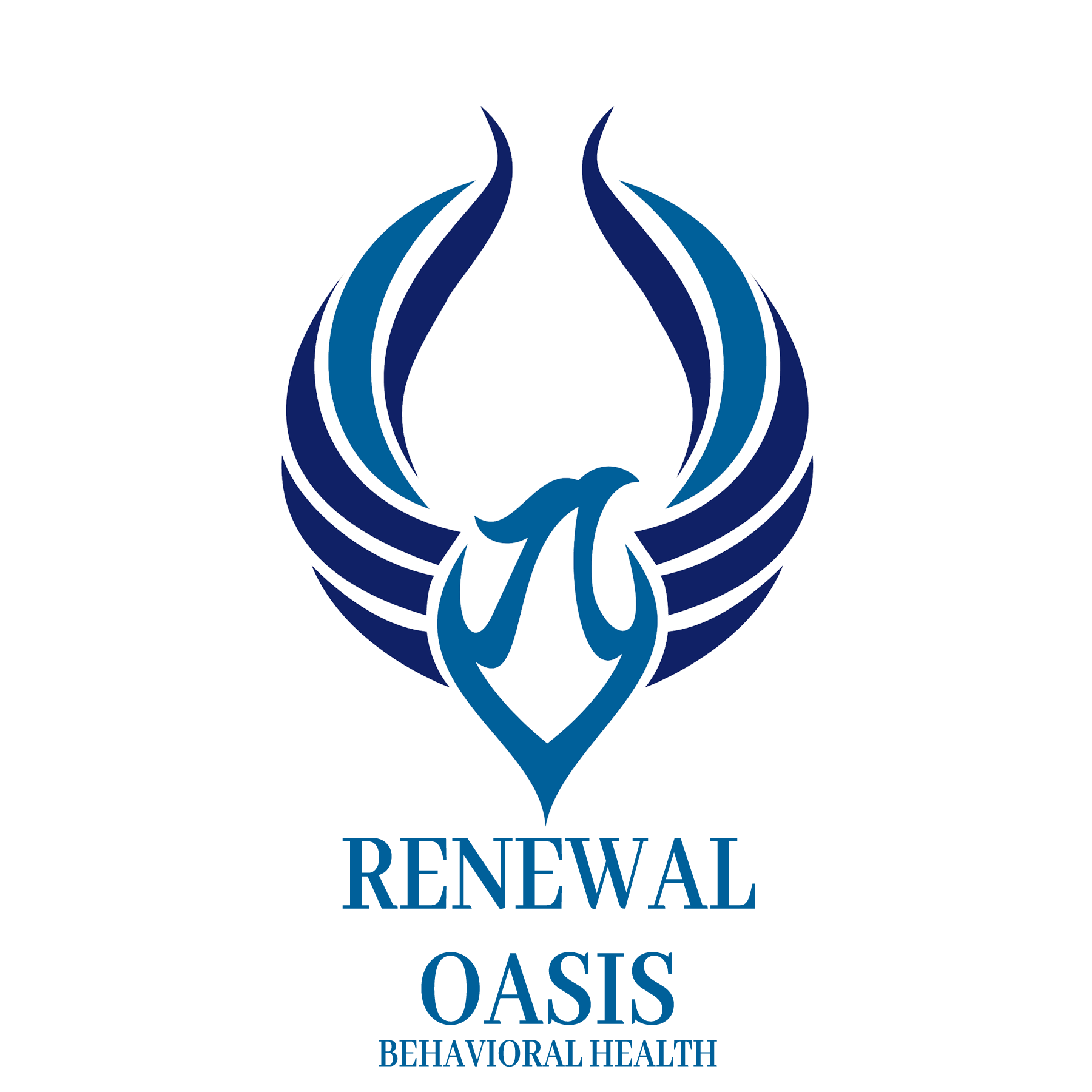While some people can be accused of having a bad temper, it crosses the line when what they actually have is intermittent explosive disorder. If you find yourself in a pattern of sudden angry outbursts or know someone who does this, it may be an actual disorder that requires treatment.
Renewal Oasis understands the devastating effect that being around someone with intermittent explosive disorder can cause. As well, having the disorder causes a person to be in a constant state of unbalance and ready to go off at any moment. We created a program that helps people who exhibit the 7 signs of intermittent explosive disorder move out of this illness and lead calmer lives. We offer both residential and outpatient options to meet the needs of those we treat.
What is Intermittent Explosive Disorder?
Intermittent explosive disorder is a condition that causes a person to have angry outbursts of a verbal or physical nature that typically come out of nowhere. Either there is no perceivable reason for the outburst or it is quite extreme compared to what caused it. Some people with intermittent explosive disorder act out by physically or verbally abusing those around them. They may also pick fights with strangers, engage in road rage incidents, or have verbal tantrums in public that make no sense.
This disorder can cause a person to have difficulty maintaining friendships or romantic relationships, as well as cause difficulties on the job or in school. For many, it leads to interactions with law enforcement, including getting arrested. Someone with intermittent explosive disorder who does not seek treatment can experience this condition for years or decades.
7 Signs of Intermittent Explosive Disorder
Someone with this challenging disorder should get a formal diagnosis before they begin treatment. Those who care about them should look out for the 7 signs of intermittent explosive disorder, which include:
-
- Acting out disproportionately to triggers: When something minor happens, the person reacts with great anger that doesn’t match the event that sparked it.
- Can’t control their anger: When most people would’ve flared up briefly and then calmed down, the individual instead keeps raging and may even state they cannot control their anger.
- The person’s life is negatively impacted by their anger: They have troubled relationships with others and cannot maintain healthy ones with partners, friends, or family. They also have trouble at work or in school.
- Physical symptoms during outbursts: The severity of the person’s rage causes them to experience symptoms like an elevated heart rate or blood pressure, flushed face, shakiness, and sweating.
- Flies into a rage with no warning: Even when the person may seem calm and there aren’t any noticeable triggers happening, they fly into a sudden fit of rage. They go from 0 to 10 with no warning, often frightening those around them.
- Denial that a problem exists: Even when confronted with the facts about the number and intensity of their angry actions, the person believes they are exaggerated and nothing is wrong.
- Guilt after the tantrum is over: Similar to the abuser in a domestic violence partnership, the person sometimes feels guilt after their explosion ends. They may apologize and say they will control themselves in the future, but the pattern continues to repeat.
Can Intermittent Explosive Disorder be Treated?
People with intermittent explosive disorder can find quality treatment that helps reduce their symptoms and create an understanding of how damaging their behaviors have been. Unfortunately, it can be difficult for the person to find the incentive to see a therapist because they don’t think the problem is that serious. As well, they may feel embarrassed about their condition and fear talking to strangers about it. However, when loved ones can speak calmly to them about their need for help and promise to support them as they move through it, the person may feel more comfortable entering treatment.
Treatment for Intermittent Explosive Disorder
Treatment for intermittent explosive disorder involves two main approaches. The first is therapy. This helps the person identify their triggers and practice relaxation techniques to decrease their urge to act out. Therapists teach the person how to reframe situations that upset them and find healthy and realistic ways to react.
Family therapy can also help because it brings the family together under the supervision of a therapist. Guided talks about the person’s behavior and how it hurts others will happen. The loved ones learn ways to support their family member as they move through recovery while keeping healthy boundaries.
The second leg of treatment is using prescription medications. Often a person with a disorder suffers from depression or other mental health disorders. Taking medications that address this can help decrease their symptoms. Many programs prescribe antidepressants, including selective serotonin reuptake inhibitors (SSRIs). They may also offer mood stabilizers or other meds that pair well with therapy sessions.
Contact Renewal Oasis About Treating Intermittent Explosive Disorder Today
When someone has a history of exhibiting the 7 signs of intermittent explosive disorder, they likely feel exhausted and out of control. Conversely, those around them feel tired of living in constant fear of the next outburst. Renewal Oasis employs a team of skilled and experienced therapists who can help someone de-escalate their temper and learn to control it. Through a variety of therapies, the individual learns what triggers them and begins to develop healthy coping mechanisms. We also provide any necessary medications that help the person develop a level playing field in their minds, which equates to calmer emotions.
Contact us for more information about our treatment plan for intermittent explosive disorder. We are happy to answer your questions and provide a free insurance verification.



